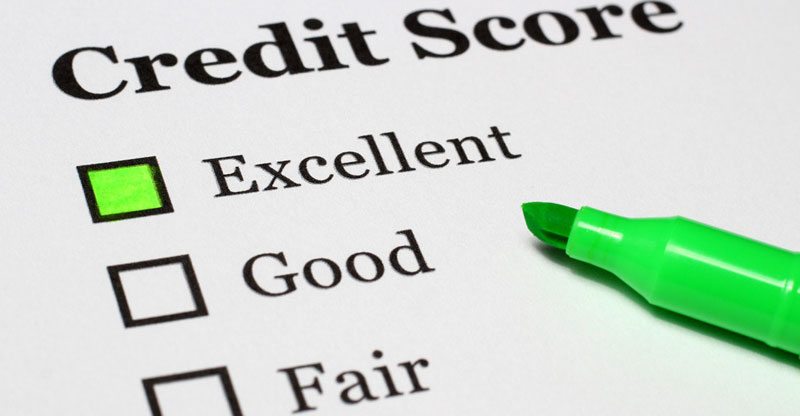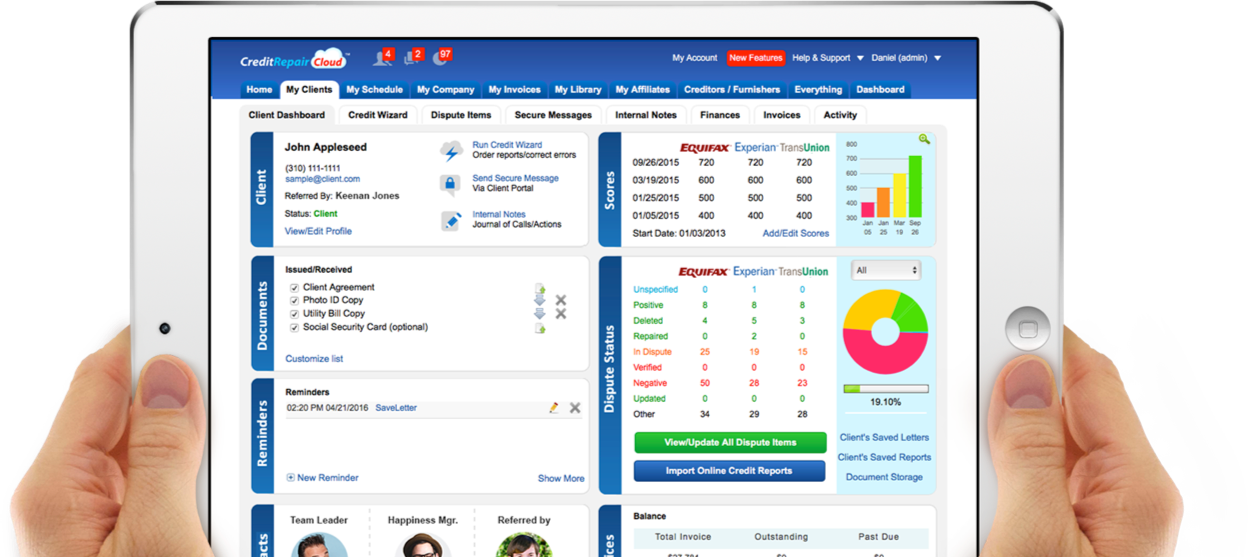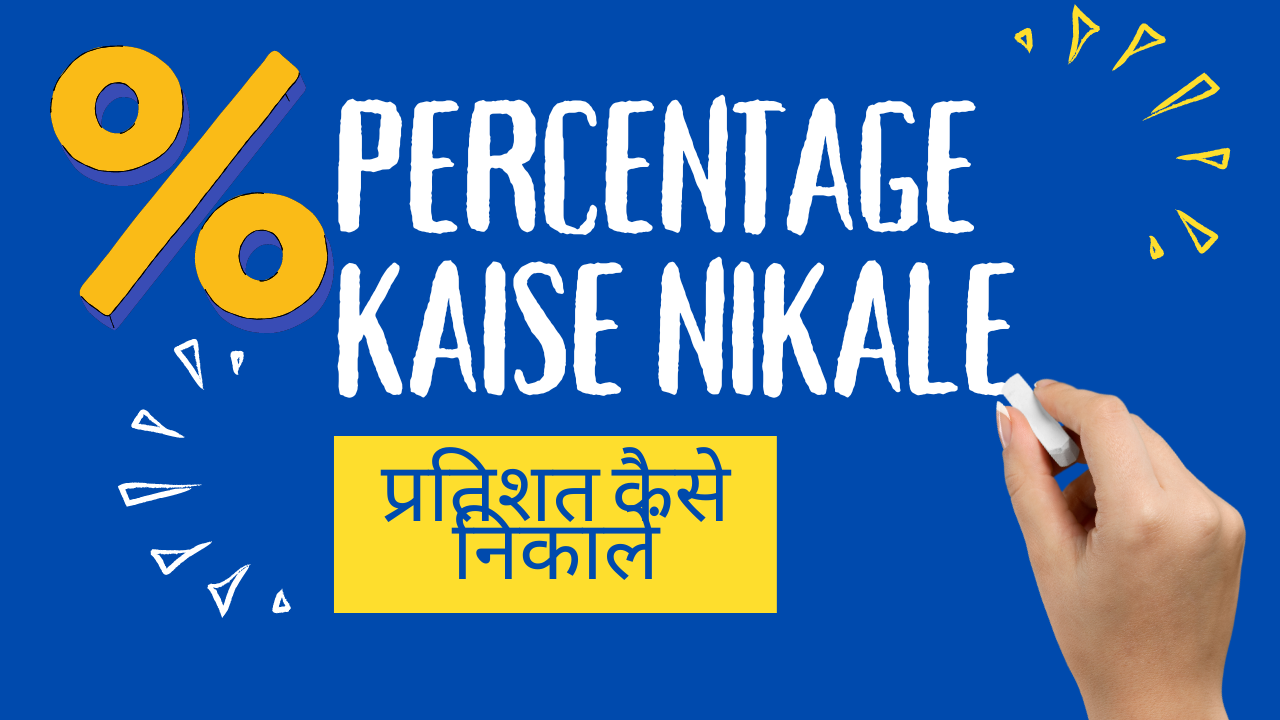Credit can be just as harmful as it is beneficial. It can help you buy a house or get a lease on an apartment, it can help you buy a car, or it can make you appear like a big red target to creditors. Credit helps you build a credit score — but what is a credit score and how do you get a good one?

What is a Credit Score?
A credit score is a three-digit number, usually between 300 and 900, that represents how reliable you are with credit reporting agencies. It lets creditors know how likely you are to meet your payments.
According to Equifax, one of the two largest credit bureaus in Canada, credit scores are calculated from information on the public records of lenders (banks, collection agencies, credit card issuers), such as your payment history, the amount of your debts and the length of your credit history. A high score tells creditors that you are responsible, while a low score can cause creditors to refuse to provide you with their services.
Why are Credit Scores Important?
1. Facilitates the Acquisition of Services
Consumers should pay close attention to their credit score, as a good credit score can go a long way in securing certain services for you. Typically, when you apply for a loan, lenders look at your credit score to determine if your application should be approved. In fact, a good credit score can qualify you for a mortgage, car loan, personal loan or, in some cases, a student loan!
2. More Competitive Interest Rates
Your score can even help you get more competitive interest rates. As lenders will see that you are responsible, they may offer you a lower interest rate. On the other hand, if you have a bad credit score, the lender will feel like they have to guarantee the returns with a higher interest rate.
The higher the risk, the higher the rate. This means that if you have a good score, you will probably pay a lot less in the long run.
While it’s important to track your credit score, it’s worth noting that different lenders may look at different facets of your credit report to determine whether or not you qualify for a loan.
For example, an auto lender might look at your payment history rather than your entire credit score. After all, what matters to him is not the amount of your debt, but rather whether or not you make your full payments on time.
What is a Good Credit Score?
Although credit scores range from 300 to 900, good scores are generally between 650 and 900. In fact, according to Spring Financial, the average Canadian credit score is between 650 and 725. Any score above 650 guarantees you usually a loan. Any score below 650 is considered below average and you may have difficulty obtaining a loan. To find out how your score is, follow the ranges below:
- 300—579: Bad
- 580—669: Medium
- 670=739: Good
- 740—799: Very Good
- 800+: Excellent
How is Your Credit Score Calculated?
As stated above, the credit score is calculated from the public records of lenders. These public folders include:
1. Your Payment History
Your payment history is usually the biggest contributor to your credit score. It tracks all your payments and shows whether you paid them on time or not. It also shows how many times you’ve missed payments and whether your debts have been collected. Payment history typically makes up around 35% of your total score.
2. Your Available Credit
The second most important factor in your credit score is the amount of available credit you have compared to the amount you have used. It includes credit cards and any other type of revolving credit. It usually counts for about 30% of your total score.
3. Credit History
Your credit history shows how old your credit accounts are. Oddly enough, newer accounts tend to score lower because creditors like to see how well you’ve been able to manage your credit over a long period of time. The older the account, and the longer you’ve tracked your payments, the better the score. Credit history typically makes up about 15% of your total score.
4. Public Folders
Public records tell you if you have ever had to file for bankruptcy or if your debts have been collected. The more frequent these situations are, the more you will be considered a risk by lenders, and the lower your credit score will be. That’s about 10% of your total score.
5. Investigations
The last 10% of your credit score is attributed to inquiries. Each time your credit file is accessed or information about your credit report is requested, that information is considered an “inquiry”. Why is this important? Because many inquiries are due to a consumer seeking additional credit. This demand for extra credit is considered one of the signs of financial distress. Many inquiries can affect your credit score.
How to Get a Good Credit Score
There are many ways to ensure a good credit score. Due to the way scores are calculated, the best way to make sure yours doesn’t go down is to:
1. Pay Your Bills on Time
Since your payment history is the most important factor in your credit score, it’s important that you keep track of all your payments and make sure you don’t fall behind. If you are falling behind on your payments, contact your creditors as soon as possible to let them know when you will be able to pay them. Sometimes they will even accept a payment arrangement. As long as your creditors are aware of your situation, it shouldn’t be too much of a problem.
2. Don’t Overuse Your Credit
Since the second most important factor is the amount of credit you are using versus the amount of credit available, you should try to keep your balances low. This will allow you not only to avoid a drop in your score, but also not to pay too much interest in the long term. A good rule of thumb is to use no more than 30% of your total available credit. If you find yourself unable to follow this rule, consider reviewing your budget or contacting a professional such as a Licensed Insolvency Trustee.
3. Do not Ask for New Credit
If you find yourself in a situation where you cannot get out of it unless you apply for new credit, contact a professional. Living on credit not only means that you will be paying an exorbitant amount of interest on top of your principal, but also that you are likely to face a lot of financial difficulties. Before you consider applying for new credit, see if you can budget differently or if you can get rid of all your debts once and for all with a Licensed Insolvency Trustee.
You don’t have to deal with your debts alone. A licensed insolvency trustee will suggest the best solution for your personal situation. Whether it’s consumer proposals, debt consolidations, budget reorganizations, or personal bankruptcies, your LIT will make sure you get rid of all your financial burdens so you can get a fresh start.
You have to wait 25 seconds.









